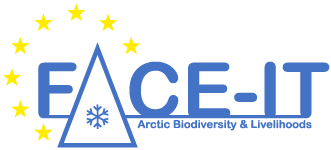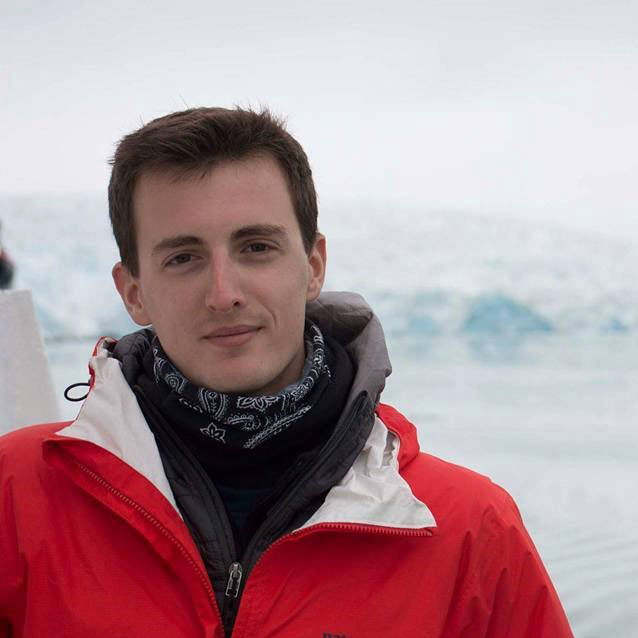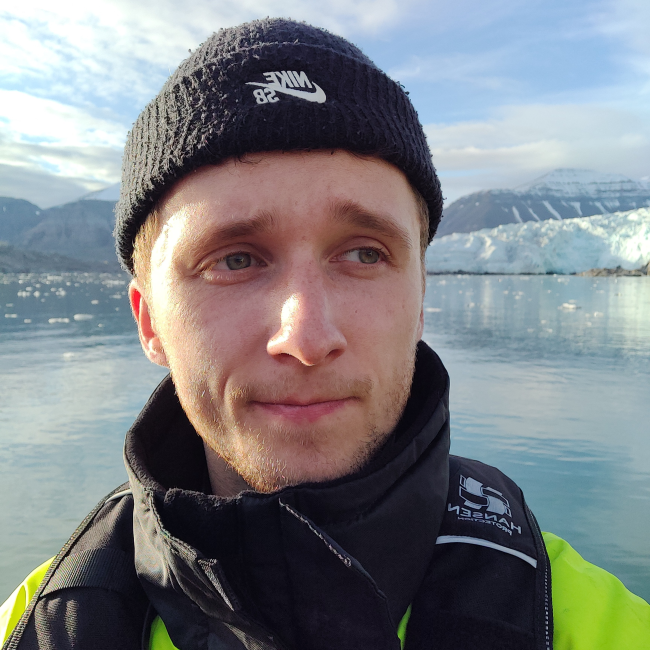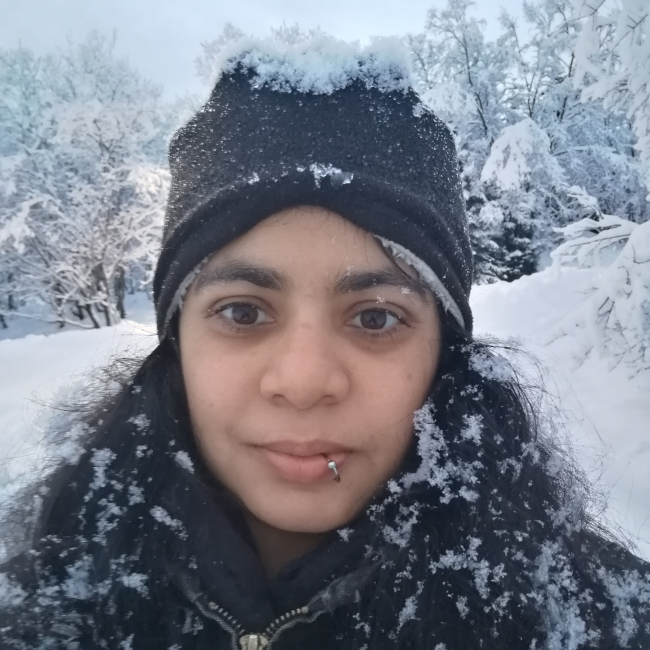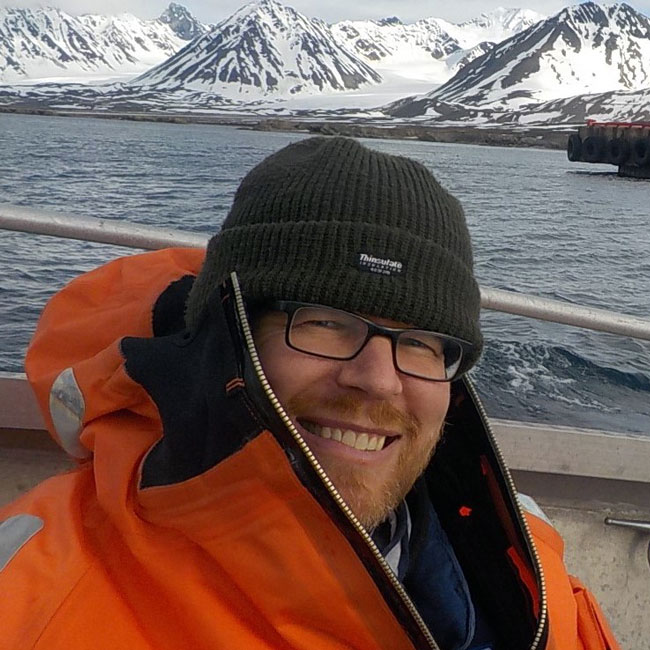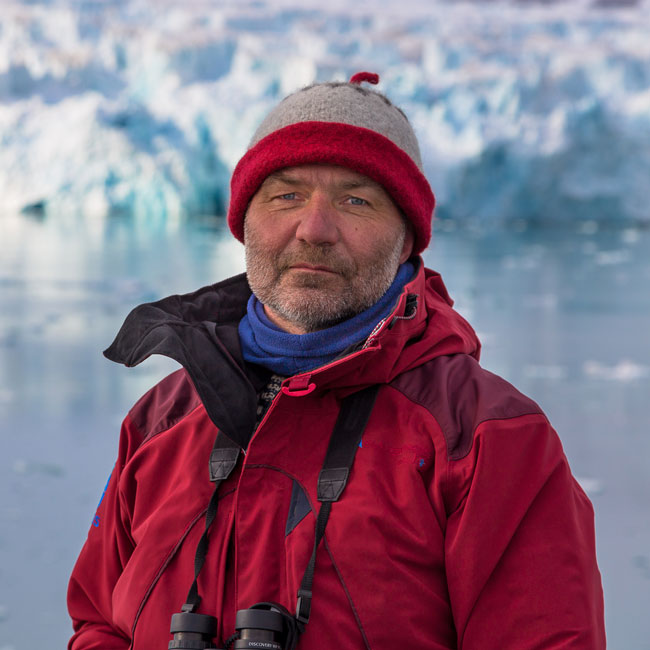Acoustic mapping reveals macroalgal settlement following a retreating glacier front in the High Arctic
[Published 10 September 2024]
Scientific Publications
Abstract
Vegetated coastal marine ecosystems are projected to expand northwards in the Arctic due to climate change, but the mechanisms for this expansion are complex and nuanced. Macroalgal biomass in the littoral areas of Svalbard has been increasing, but data at the glacier fronts are very scarce. In this study, we use hydroacoustics and video validation from an unmanned surface vehicle to survey macroalgal bed distribution along the coast of a High Arctic fjord (Billefjorden, Svalbard), including river bays and land- and sea- terminating glacier fronts, as well as oceanographic measurements to indicate physical drivers of macroalgal settlement. We found high variation of macroalgal coverage along the fjord coastline, with virtually no macroalgae in the river bays but abundant coverage in areas with little terrestrial runoff. Furthermore, the presence of kelp was found at the land-terminating glacier front which has recently retreated from the sea, which suggests the potential for rapid macroalgal establishment in newly available substrate following glacial retreat. These findings suggest large ecological implications throughout the Arctic, in which macroalgal expansion may lead to significant changes in the underwater coastal landscape and ecosystem. This study shows that the use of remote autonomous vehicles and hydroacoustic mapping with video validation has a high potential for sustainable and efficient ecological monitoring.
FACE-IT Scientists:
Víctor GONZÁLEZ TRIGINER
University Centre in Svalbard (UNIS), Longyearbyen, Norway
Victor’s FACE-IT Projects
Role in FACE-IT:
• PhD student "Biodiversity Changes"
• PhD student "Ecosystem Function Changes"
ARUNIMA SEN
University Centre in Svalbard (UNIS), Longyearbyen, Norway
Nord University, Bodø, Norway
ResearchGate
Role in FACE-IT:
• Researcher "Identify Key Drivers and Data Management"
• Researcher "Biodiversity Changes"
• Researcher "Ecosystem Function Changes"
Kai BISCHOF
Marine Botany, University of Bremen, Germany
Center for Marine Environmental Sciences MARUM, University of Bremen, Germany
UBremen personal page
Kai’s FACE-IT Projects
Role in FACE-IT:
• Scientific Coordinator
• Member of the Executive Board
• Co-Leader "Policy Dialogue and Outreach"
• Co-Leader "Project Management"
• Leader "Ethical Requirements"
• Researcher "Biodiversity Changes"
• Researcher "Ecosystem Function Changes"
